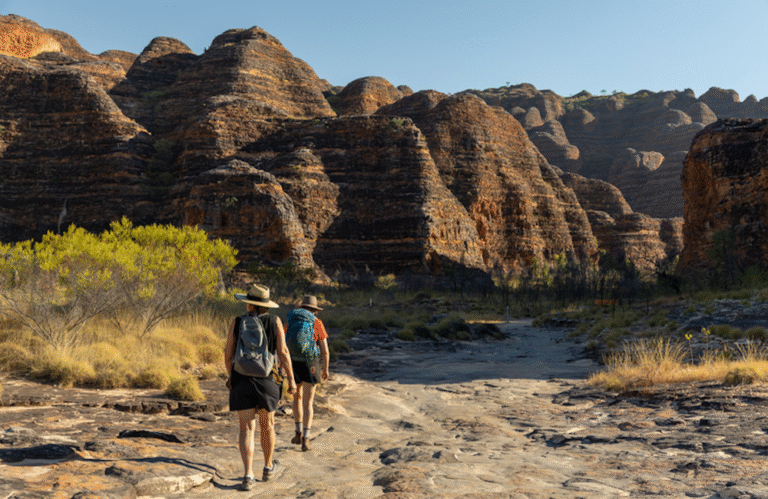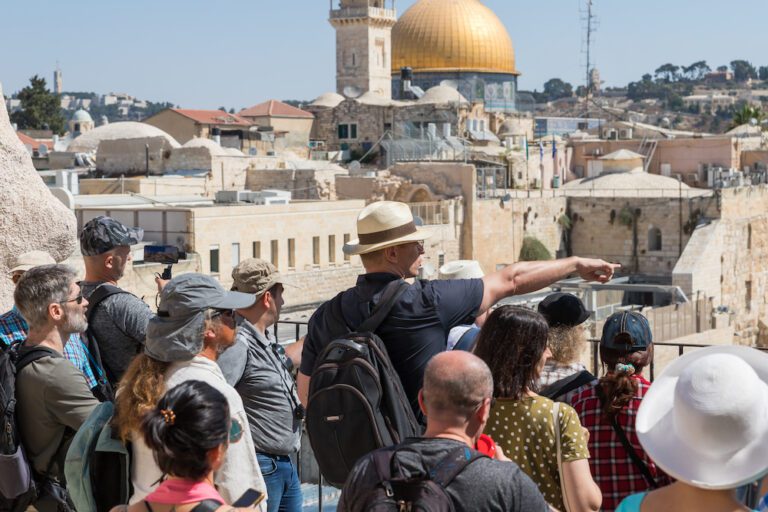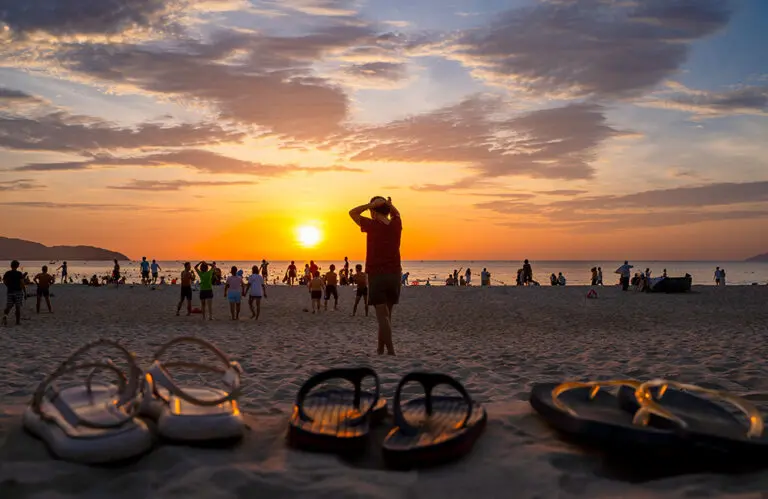Music tourism drives demands, influencers take on the role of travel agents, business class fares unbundle, artificial intelligence grows up and electric vehicles take to the sky – these are next year’s travel trends, according to Amadeus’ latest study.
Amadeus’ annual Travel Trends research uses proprietary data, industry-leading insight and expert analysis from across the global travel technology company to forecast major trends for the year ahead.
Amadeus Vice President Global Corporate Marketing & Communications Daniel Batchelor said: “After a period of recalibration and reassessment over the past few years, we are beginning to see a host of new ideas bear fruit across our industry.”
“Generative Artificial Intelligence (GAI) will continue to exert a growing influence across the sector during 2024 while electric taxis are finally poised for take-off.
“Doing what we love, be it travelling to see our favourite music acts or using new tools to follow in the footsteps of digital influencers, will also drive bookings next year while airlines continue to reshape their offering to respond to changing tastes,” he said.
Amadeus has identified five likely new developments within the themes of creating more meaningful travel experiences for the planet, economy and the traveller.
1. Music tourism drives travel demand

Taylor Swift announced her Asia Pacific tour for next year, drawing fans from around the world. According to Amadeus research, the tour dates in Australia, Singapore and Japan for 2024 had a significant impact on travel searches and bookings.
After the concert announcement, flight searches to Melbourne and Sydney grew by 44 per cent and bookings surged by 446 per cent. Searches from New Zealand to both cities also increased by 240 per cent.
In addition, flight searches for Singapore increased by 18 per cent the week after Taylor Swift and Coldplay concerts were announced.
2. Influencers are becoming travel agents

Social media influencers, such as Ana Hernández Sárria, Rafael Fernandez Caballero, the Blonde Abroad, Sjana Elise and Alyssa Ramos, are no longer just inspiring people to travel – they are also facilitating direct bookings.
Influencers are now designing and hosting their own group trips, making vacation planning even more convenient for their followers.
E-commerce marketplaces such as Thatch, Luxury Travel Hackers, and TrovaTrip have enabled the rise of ‘Agents of Influence’. TrovaTrip was ranked 236th out of 5,000 fast-growing companies in the US by Inc in 2023. Influencers on Instagram, YouTube, and TikTok can now share a booking link on their profile page and process payments.
3. Electric vehicles take to the skies

As cities become increasingly congested and air pollution more prevalent, there is a need for alternative modes of transportation that can reduce the dependence on fossil fuels. One potential solution is the development of skyways that can facilitate the use of electric vertical take-off and landing (eVTOL) aircraft, flying taxis and other types of electric aircraft.
German aircraft manufacturer Volocopter plans to launch a fleet of electric VoloCity eVTOL for the Paris Olympics in 2024, making it one of the first electric air taxi networks.
At the same time, Volocopter is expanding its reach to Asia with plans to launch electric air taxis in Singapore by 2024, beginning with services in Marina Bay and Sentosa.
4. Artificial intelligence continues to gain momentum

Online travel planning has become more personalised and intuitive, thanks to the addition of Generative Artificial Intelligence (GAI).
Instead of manually applying filters to refine their search, travellers can now interact with chatbots that act as virtual travel assistants.
Expedia’s new ChatGPT plug-in listens to customer needs and provides instant hotel and itinerary recommendations, complete with links for booking. The next generation of GAI-powered customer service is expected to be even more advanced with greater patience and empathy.
5. Business class fares are being unbundled

There is a growing demand for affordable and accessible business class fares as more travellers want the perks of sitting near the front of the plane. Additionally, passengers can expect advanced entertainment features to be integrated into this premium experience.
Emirates was one of the first airlines to launch ‘special’ business class tickets with no lounge access, restricted seat selection and no upgrade abilities.
Air New Zealand has added rows with sliding privacy doors, a storage cabinet, a vanity mirror and a spacious side shelf as part of its debut Business Premier Luxe product.
As international travel strengthens, an Amadeus global study identified four key traveller profiles that will shape what people want from travel in the future, and right now.
To find out more, head to amadeus.com





